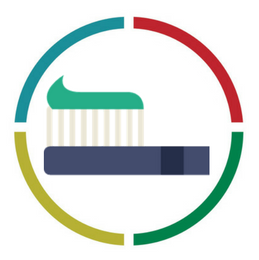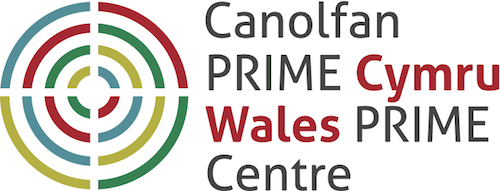 Study title
Study title
BRIGHT Trial: Brushing RemInder 4 Good oral HealTh: the clinical and cost-effectiveness of a Short Messaging Service behaviour change programme to improve the oral health of young people living in deprived areas
Principal / Lead Investigator
- Prof Nicola Innes (University of Dundee),
Co-Investigators
- Dr Claire Jones,
- Dr Fiona Gilchrist (University of Dundee),
- Dr Ian Kellar (University of Leeds),
- Dr Katherine Stevens (University of Sheffield),
- Dr Peter Day (University of Leeds),
- Dr Sarwat Shah,
- Dr Zoe Marshman (University of Sheffield),
- Mr David Cooper,
- Mrs Donna Dey,
- Ms Caroline Fairhurst,
- Ms Lesley Pollard,
- Professor Catherine Hewitt (University of York),
- Professor David Torgerson (University of York),
- Professor Ivor Chestnutt (PRIME, Cardiff University)
- Professor Sue Pavitt (University of Leeds)
Type of study
Intervention (Cluster randomised trial)
Study sponsor
University of Dundee
Summary
The BRIGHT Trial is working with secondary schools to investigate ways of improving the oral health of young people living in deprived areas. Researchers will work with 48 schools and nearly 6000 young people in England, Scotland and Wales on the four-year Brushing Reminder 4 Good Oral Health (BRIGHT) initiative.
BRIGHT, funded by the National Institute for Health Research (NIHR), will investigate whether a classroom-based lesson about dental health followed by a series of text messages could increase how often and how well children aged 11-16 years brush their teeth – and ultimately reduce levels of tooth decay.
In each school, one class will receive the talk and a series of text messages, while another will not. The team will collect information on tooth decay, frequency of brushing, and the impact decay has on the children’s lives to determine whether those in the programme develop better oral health habits than those who don’t participate.
The project is led by the University of Dundee in collaboration with the University of Sheffield. The team will work with colleagues from the Universities of Leeds and Cardiff and the York Trials Unit on the project.
Public / patient involvement
PPI representatives were involved in the study development and included as co-applicants and have ongoing involvement in the trial management.
How could this research potentially benefit patients?
Tooth decay is very common, affecting nearly half of young people aged 12-15 years in deprived areas. Regular tooth brushing with fluoride toothpaste can prevent it. In New Zealand a study found that sending unemployed young adults a text message on their mobile phone every week increased how often they brushed their teeth. The aim of this study is to find out whether an intervention which involves a school lesson about dental health followed by a series of text messages reduces tooth decay, increases how often (and how well) young people brush their teeth, and is cost effective.
Does the study involve a methodological innovation?
N/A
Funder
NIHR Health Technology Assessment Programme (Call: 15/166 Interventions to Improve Oral Health in Deprived Young People)
Total grant value
£ 1,916,394
Grant income to Wales
£ 174,000
Start date
01/01/2017
End date
31/10/2021
Further information
- Research project summary on HTA website: https://www.journalslibrary.nihr.ac.uk/programmes/hta/1516608/#/
- News item: ‘New research to help children from deprived areas brush up on oral health’, NIHR, 01 March 2017.
Outputs generated (Reports / Publications / Impact)
To follow. The results will be published in an HTA monograph and high impact, peer reviewed dental journals and in education academic journals and newsletters. The intent to publish date is October 2022. The results will be presented at the International Association for Dental Research, British Association for Study of Community Dentistry and Secondary Education conference.
The findings will also be disseminated to the wider public health community via the Public Health England annual conference and secondary school education communities.

